
![]()
Bringing Books and Reading to Young People – Projects that Inspire
Here in the UK we live in a print rich society, books abound in libraries, bookshops, even schools. The crisis predicted with the arrival of the computer and the internet linking us to the World Wide Web at the touch of a key has seen instead an explosion of printed material consciously offering a different experience. Young people today can access stories and information through a range of avenues, with the printed text now partnered with exciting illustration as an equal contender. However, even in our affluent world things are not always so rosy. We cannot make the easy assumption that access to books, to stories, to information is an easy path for all, nor is reading something that can be seamlessly learned. Not only that, faced with a multicultural audience who want indeed need to not just see themselves in the pages but also experience a variety of languages, how can practitioners find a way through the book jungle? How can librarians, teachers, parents young people themselves hear about one stand-out book that might just be what is required? Not something that is required for a test, just an exciting suggestion.
We are so lucky. What if books are a rarity? If reading, that essential tool in the contemporary world whether for technology or the imagination, is not the norm? What if your life is difficult in ways that are not easy to imagine? How can families in such situations be reached?
In this issue you can learn about some projects both in this country and abroad that aim to do just that.
Doorstep Library is an initiative in the UK that aims to help families that do struggle with reading and access to books. Using trained volunteers, the charity works to encourage and support families reading together, making a reading culture not something that happens outside the home but becomes part of the home. Supporting families is central to the ethos of the Read Me initiative founded by Zohreh Ghaeni. Now active not just in Iran where it began, Read Me is reaching communities and families in parts of Afghanistan. Books are important, but much more is needed. Here again it is the fostering of shared reading, shared stories and experiences, encouraging a range of literacies that is at the heart of all that Read Me does. It is an inspiring vision.
Reaching communities across Pakistan, the Book Bus brings a mobile library to many for whom such a phenomenon might be something out of a fairy tale. However, it is reality. It started with one, the brain child of Basarat Midhat Kazim now there are many. And the work is not just a matter of dropping off a few books. The Book Bus movement works with schools, especially in areas hit by natural or man-made disasters to support traumatised children. The arrival of the colourful Book Bus in a rural community is a moment of joy; another inspiring story. The images that accompany these stories show the smiling faces of children.
We see similar happy faces among a box load of babies when Eva Devos describes the work of Iedereen Leest (Everyone Reads) organisation in Flanders. The aim is to encourage everyone to read and read more. They use projects that we will recognise here Bookstart, Read Aloud Week but also coordinate a project called Boekenzoeker (Book Searcher), which recognises the need for practitioners, parents and most importantly young people themselves, whether readers or reluctant readers to find suggestions that will attract the attention, and because trusted, encourage them to at least try; the database can even offer a short audio taster.
Here in the UK, the National Shelf Service aimed to do just that during the void created by the pandemic, which saw libraries, shops and schools shut, and families confined to their homes. Using snappy YouTube presentations, members of YLG (CILIP Youth Libraries Group) volunteered to champion a book a day. These then ranged from young adult to picture books, and prize winners to personal favourites. And to ensure that readers could get their hands on them easily, the presenters were asked to ensure that the books were available as digital copies in the library system so could be borrowed as e-books.
How can practitioners help readers who need and want stories and books in their own language? How can librarians, teachers and parents find information on books that can confidently offer something of quality?
Claudia Söffner introduces us to the work of the International Youth Library based outside Munich in a fairy-tale castle. In particular she draws attention to their White Ravens catalogue. This annual catalogue showcases books from around the world and can be accessed both as hard copy and also through their website (and if you are lucky enough to get to the Bologna Fiera you can see the books themselves on show there). These are just a few of the inspirational projects whose aim is to spread the joy of reading and create access to books themselves that can be found both close to home and around the world.
Ferelith Hordon
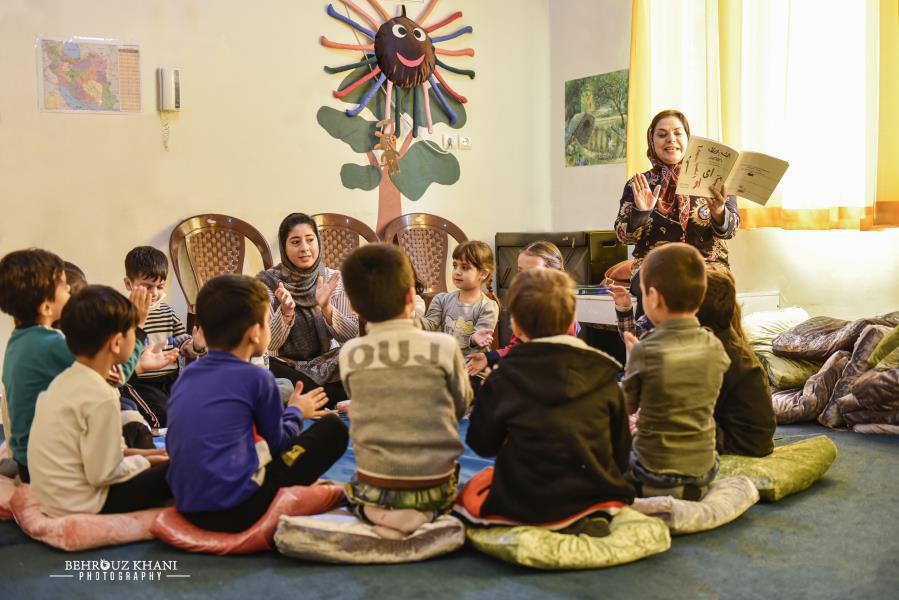
Read with Me
Zohrah Ghaeni, founder of the ‘Read with me’ book promotion initiative describes the movement, how it works and what it has achieved
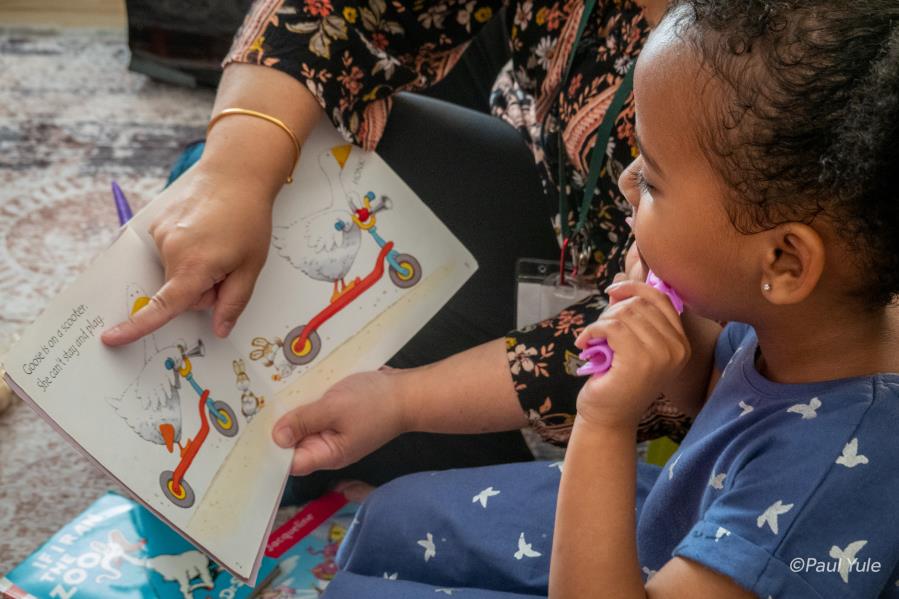
Doorstep Library: Words Take You Places
The Doorstep Library, its inspiration, its work and its aim to bring families with children together with books and reading
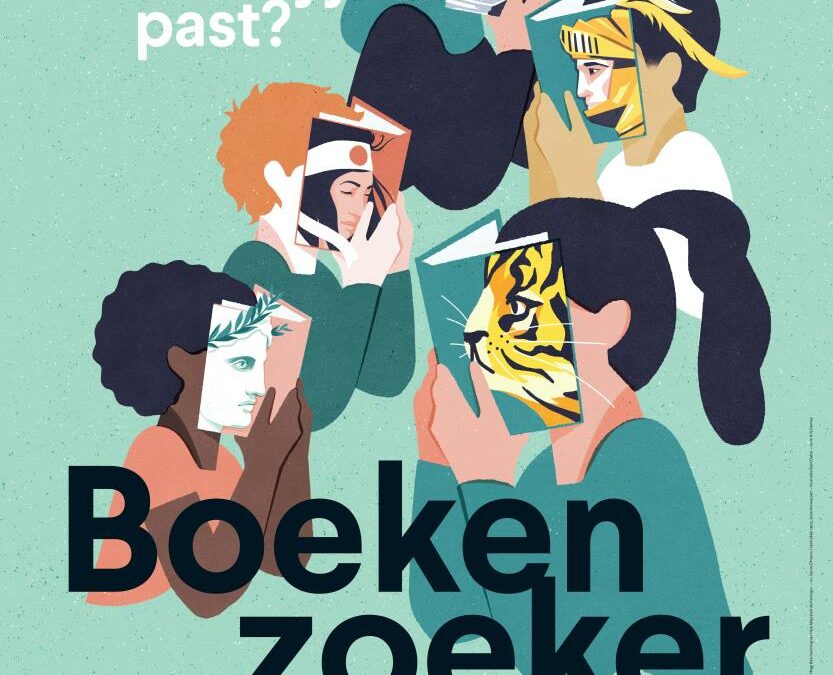
Reading Promotion in Flanders
‘Everyone Reads’ – how it works and what id does to promote children’s books and their enjoyment across Flanders
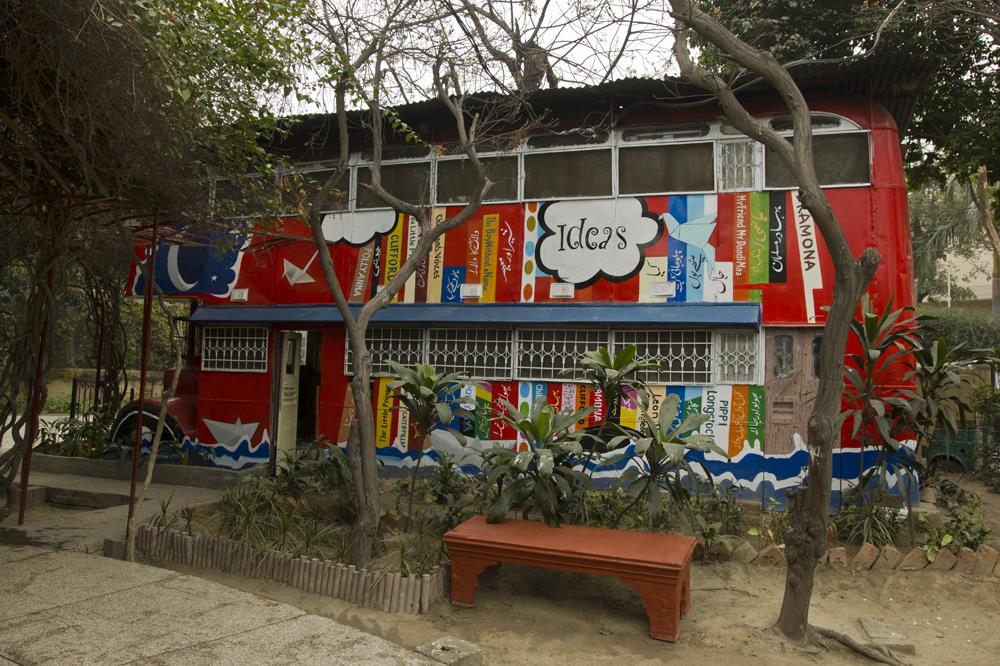
The Book Bus Speaks
Inspiring libraries and taking books to rural Pakistan with the Book Bus
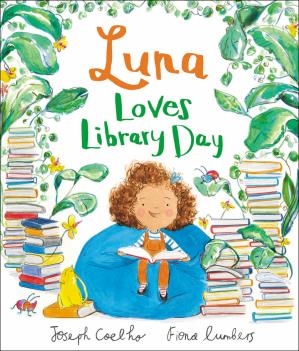
The National Shelf Service
How technology and social media can bring books to young readers demonstrated by the National Shelf Service Project

Unusual Birds in a Book Castle
‘White Ravens’ and other initiatives managed by the International Library to promote books from around the world for young readers providing access to other languages and literature
